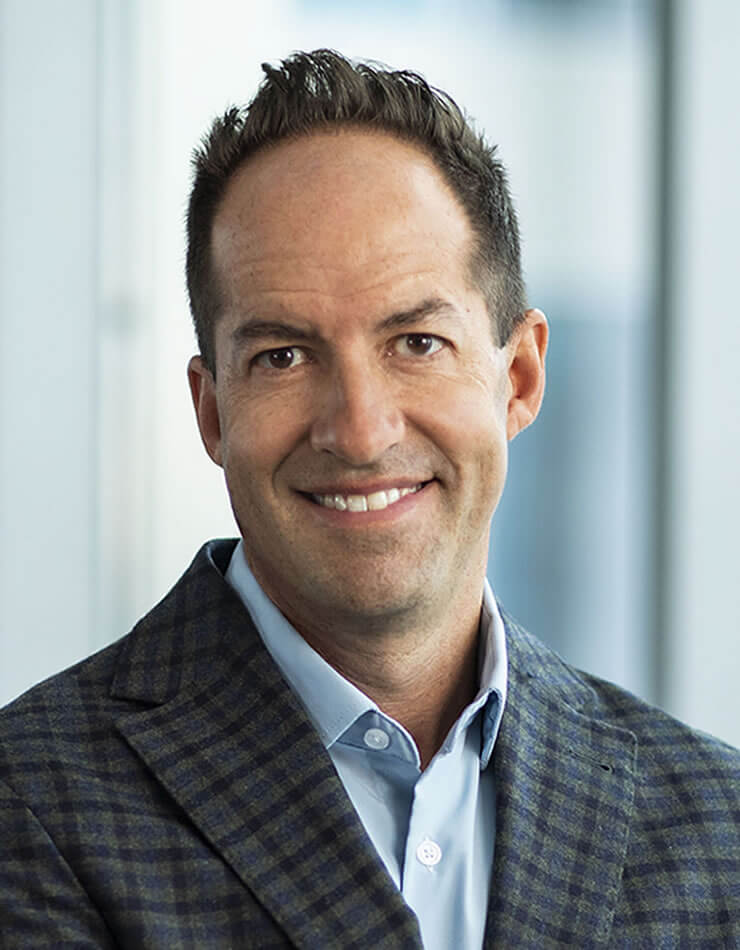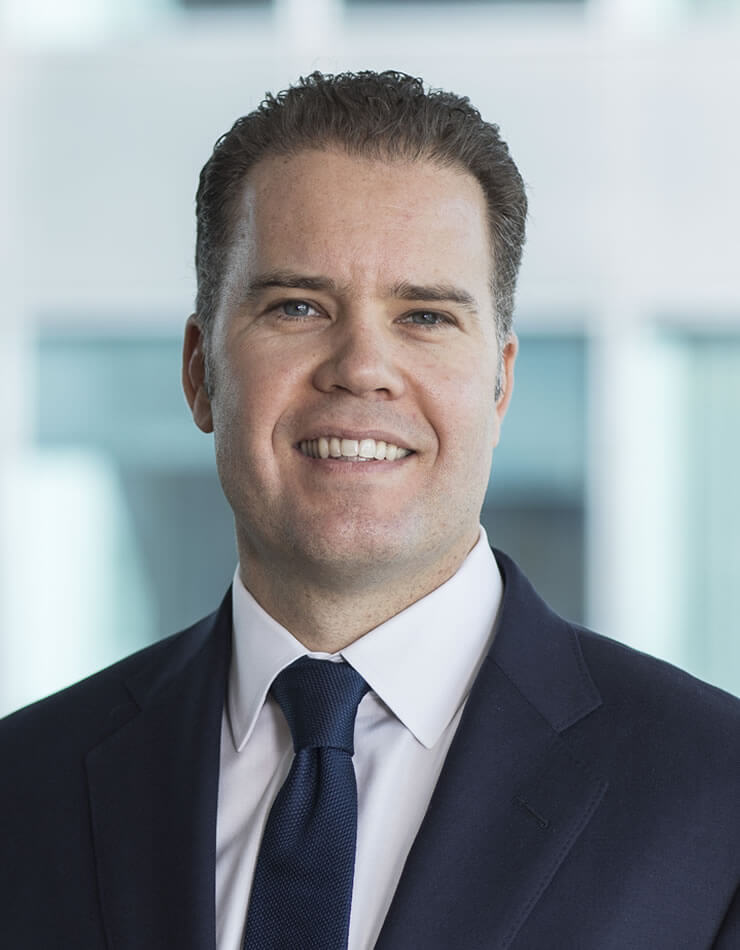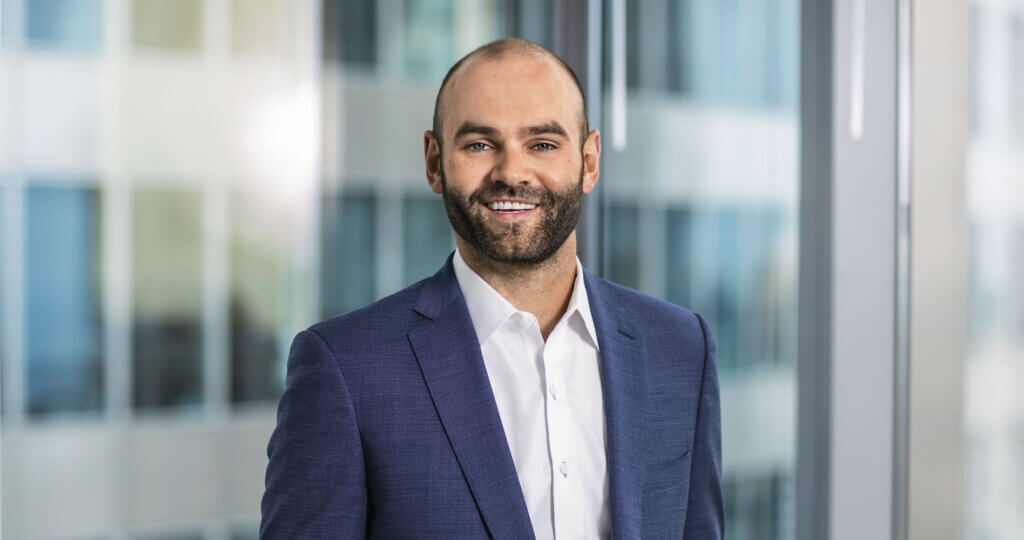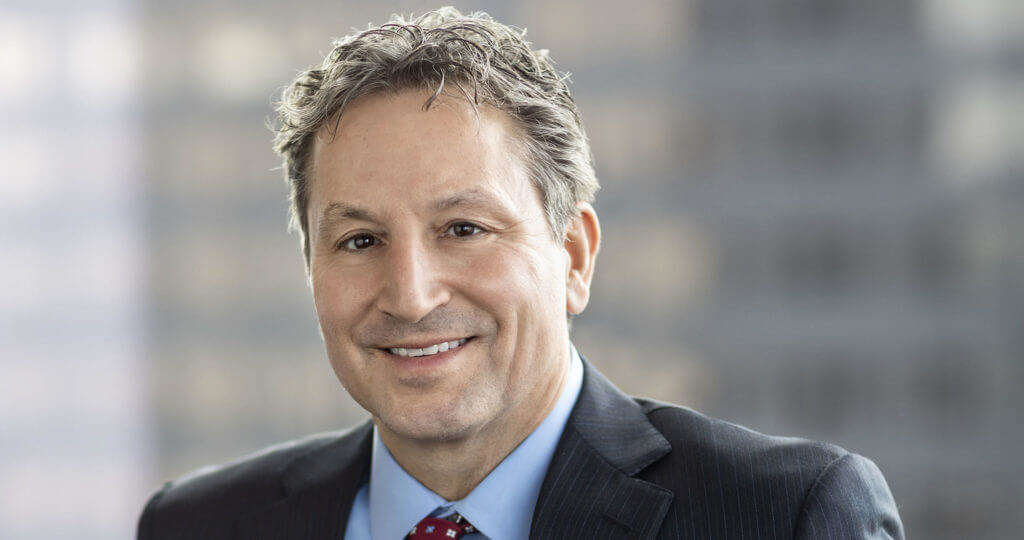Oakmark Global Fund – Investor Class
Average Annual Total Returns 03/31/18
Since Inception 08/04/99 10.48%
10-year 7.09%
5-year 9.71%
1-year 15.08%
3-month -2.57%
Gross Expense Ratio as of 09/30/17 was 1.21%
Net Expense Ratio as of 09/30/17 was 1.15%
Past performance is no guarantee of future results. The performance data quoted represents past performance. Current performance may be lower or higher than the performance data quoted. The investment return and principal value vary so that an investor’s shares when redeemed may be worth more or less than the original cost. To obtain the most recent month-end performance data, view it here.
The Markets Go Negative
Although worldwide equity markets started off well in 2018, they could not sustain the rally and posted declines for the quarter as a whole. Politics, especially relating to trade, contributed to this outcome, as did the inference that central banks were diminishing their market-supporting quantitative easing policies. The quarter ended up being the worst March quarter for stocks since 2009. The Oakmark Global Fund felt the downtrend’s pull and lost 2.6% in the quarter, which compares to a 1.3% loss for the MSCI World Index and a 1.0% loss for the Lipper Global Fund Index. For the six months of the Fund’s fiscal year, it gained 1.2%, compared to a return of 4.2% for the MSCI World Index and 3.8% for the Lipper Global Fund Index.
Holdings in the U.S. and Japan boosted returns this quarter while the U.K., Australia and Switzerland detracted most. U.S. companies dominated the contributors’ list: Tenet Healthcare, Mastercard, Interpublic Group, TE Connectivity and USG. The largest detractors were Travis Perkins (U.K.), General Motors (U.S.), Citigroup (U.S.), Incitec Pivot (Australia) and Grupo Televisa (Mexico). For the fiscal six months, the leading contributors once again all came from the U.S.: TE Connectivity, Bank of America, Mastercard, USG and Tenet Healthcare. USG shows up on both contributors’ lists because the company has received a premium-priced takeover offer, which, as of this report date, has been spurned. The largest detractors from return in the period were Grupo Televisa, General Electric (U.S.–sold), CarMax (U.S.), General Motors and Travis Perkins. The countries that contributed most were the U.S., Germany and Japan, while Mexico, the U.K. and South Africa detracted most.
Portfolio Activity
Market volatility in the quarter provided opportunities for trading activity, and we took advantage by adding three new holdings while eliminating two. Although the number of U.S. portfolio holdings did not change, the comparatively stronger returns in the U.S. caused the U.S. portfolio weight to increase to 45%. This is still a meaningful discount to the U.S. weight in the MSCI World Index (60%) and reflects our view that international markets currently offer better opportunities. We never target a particular country (or industry) weight. Instead, our weightings are the result of our efforts to populate the Fund with our best ideas, while also seeking appropriate diversification.
Taking the new ideas in alphabetical order, Bayer is a German-based company with sizable global businesses in pharmaceuticals, agricultural productivity and consumer health products. Bayer’s standalone businesses are high quality and the group will become even stronger if the acquisition of Monsanto is approved. Combining Bayer’s agricultural productivity business with Monsanto’s capabilities would create the world’s leading agricultural productivity business and offer significant synergy potential. It should position Bayer to benefit from the structural demand for increased agricultural productivity, given flat growth in arable land and the growing demand for food. Bayer’s management team remained disciplined during the price negotiations and divested certain assets at good prices to create room for the purchase in the company’s balance sheet. Regardless of whether the Monsanto acquisition is approved, though, we believe that Bayer’s valuation will remain attractive.
We also initiated a holding in Charter Communications, the second-largest U.S. cable television and broadband company. Charter is a freshly consolidated, high-quality asset with significant integration potential, led by unusually strong management. Renowned cable executive John Malone sits on Charter’s board of directors, and in our many years of following his activities, we have found him to be one of the finest capital allocators in the media industry. We believe that the cable business has improved significantly as it has increasingly focused on internet connectivity, and investors are underappreciating this fact. Consumer demand for faster broadband seems to be nearly insatiable, and in many of its markets, Charter has the only fiber-rich network capable of meeting this demand. Competitor efforts to enter these markets have proven uneconomic because of the fractional penetration available to new entrants. Thus, barriers to entry are quite high, providing a long runway for growth for the incumbent cable operators. With an advantaged competitive position and strong management, Charter provides an attractive investment opportunity in our view.
Last alphabetically is Naspers, a South African-based holding company with leading internet and media assets. Naspers was an early investor in Tencent, one of China’s most valuable technology companies, and today it owns a 31% stake in the company. In addition, Naspers is a global leader in various online businesses, such as classifieds, food delivery and e-commerce. We are attracted to the quality of the company’s assets and to its attractive valuation. The company trades near an all-time high discount to the underlying assets it owns. Naspers management team also has an excellent long-term track record of value creation, and we believe the discount to underlying assets will close over time.
We eliminated two holdings, General Electric and Wirecard. The former was a disappointment, and the latter was a success. We sold General Electric in favor of other opportunities and to help balance the Fund’s net capital gain realization as part of our commitment to make the portfolio as tax-friendly as possible, while always being cognizant of the many tax-exempt entities invested in the Fund. Wirecard’s strong returns reduced our margin of safety on the investment, and we exited our position as the market price approached our estimate of intrinsic value. We recycled the Wirecard profits into securities with better risk/return profiles.
Currency Hedge
We defensively hedge a portion of the Fund’s exposure to currencies that we believe are overvalued versus the U.S. dollar. The only currency in the portfolio that we currently believe is overvalued is the Swiss franc and we accordingly hedged a portion of the Fund’s exposure. The Swiss franc strengthened further during the quarter, leading us to increase our hedge from the beginning of quarter position. Approximately 22% of the Swiss franc exposure was hedged at quarter end.
As always, we thank you for being our partners in the Oakmark Global Fund. We invite you to send us your comments or questions.
The securities mentioned above comprise the following percentages of the Oakmark Global Fund’s total net assets as of 03/31/18: Tenet Healthcare Corp. 1.7%, Mastercard, Inc., Class A 3.7%, The Interpublic Group of Cos., Inc. 2.5%, TE Connectivity, Ltd. 4.6%, USG Corp. 2.3%, Travis Perkins PLC 2.6%, General Motors Co. 3.8%, Citigroup, Inc. 4.0%, Incitec Pivot, Ltd. 2.8%, Grupo Televisa SAB 1.8%, Bank of America Corp. 4.5%, General Electric Co. 0%, CarMax, Inc. 1.4%, Bayer AG 1.5%, Monsanto Co. 0%, Charter Communications, Inc., Class A 1.4%, Naspers Ltd. 1.1%, Tencent Holdings Ltd 0% and Wirecard AG 0%. Portfolio holdings are subject to change without notice and are not intended as recommendations of individual stocks.
Access the full list of holdings for the Oakmark Global Fund as of the most recent quarter-end.
The net expense ratio reflects a contractual advisory fee waiver agreement through January 28, 2019.
The MSCI World Index (Net) is a free float-adjusted, market capitalization-weighted index that is designed to measure the global equity market performance of developed markets. The index covers approximately 85% of the free float-adjusted market capitalization in each country. This benchmark calculates reinvested dividends net of withholding taxes. This index is unmanaged and investors cannot invest directly in this index.
The Lipper Global Fund Index measures the equal-weighted performance of the 30 largest global equity funds as defined by Lipper. This index is unmanaged and investors cannot invest directly in this index.
The Fund’s portfolio tends to be invested in a relatively small number of stocks. As a result, the appreciation or depreciation of any one security held by the Fund will have a greater impact on the Fund’s net asset value than it would if the Fund invested in a larger number of securities. Although that strategy has the potential to generate attractive returns over time, it also increases the Fund’s volatility.
Investing in foreign securities presents risks that in some ways may be greater than in U.S. investments. Those risks include: currency fluctuation; different regulation, accounting standards, trading practices and levels of available information; generally higher transaction costs; and political risks.
The percentages of hedge exposure for each foreign currency are calculated by dividing the market value of all same-currency forward contracts by the market value of the underlying equity exposure to that currency.
The discussion of the Fund’s investments and investment strategy (including current investment themes, the portfolio managers’ research and investment process, and portfolio characteristics) represents the Fund’s investments and the views of the portfolio managers and Harris Associates L.P., the Fund’s investment adviser, at the time of this letter, and are subject to change without notice.
All information provided is as of 03/31/18 unless otherwise specified.








